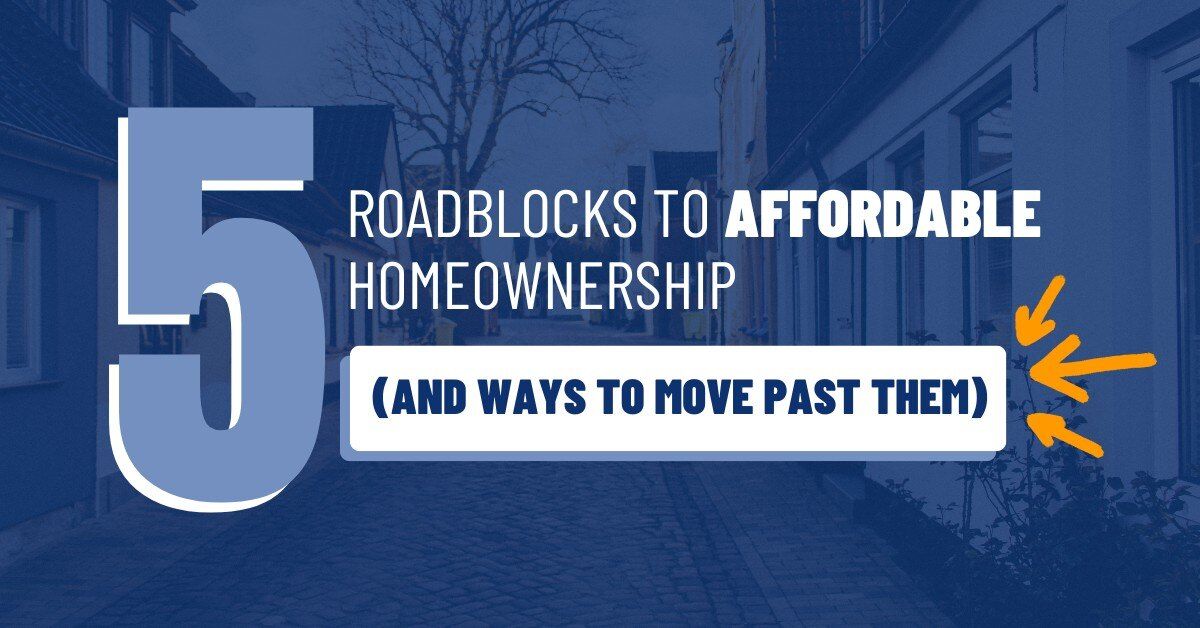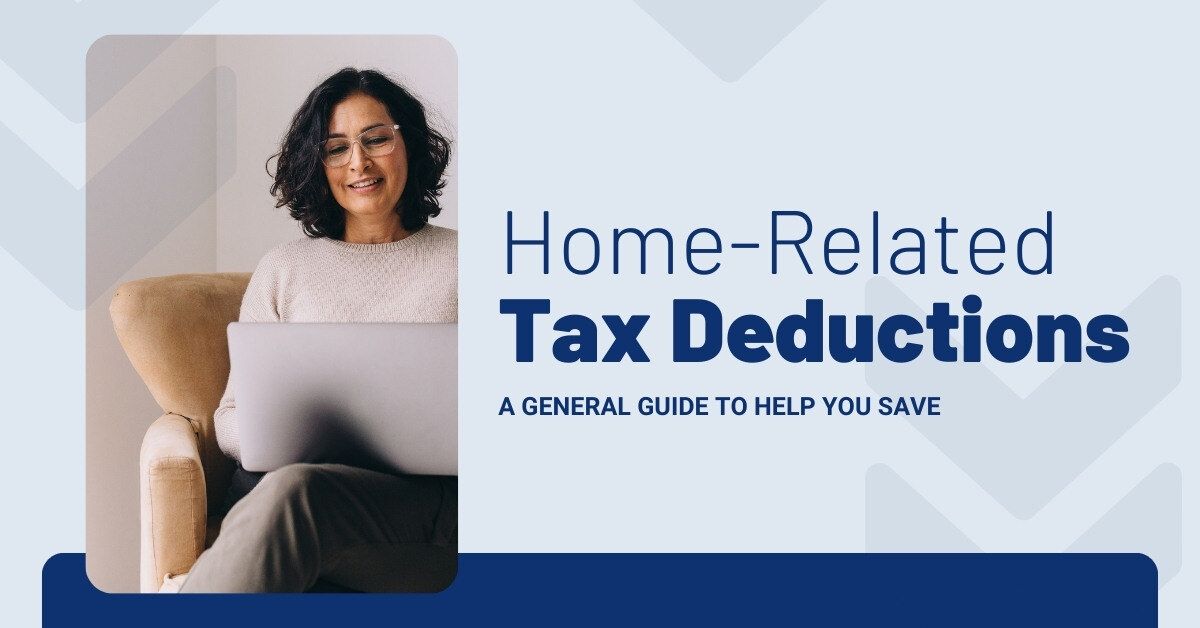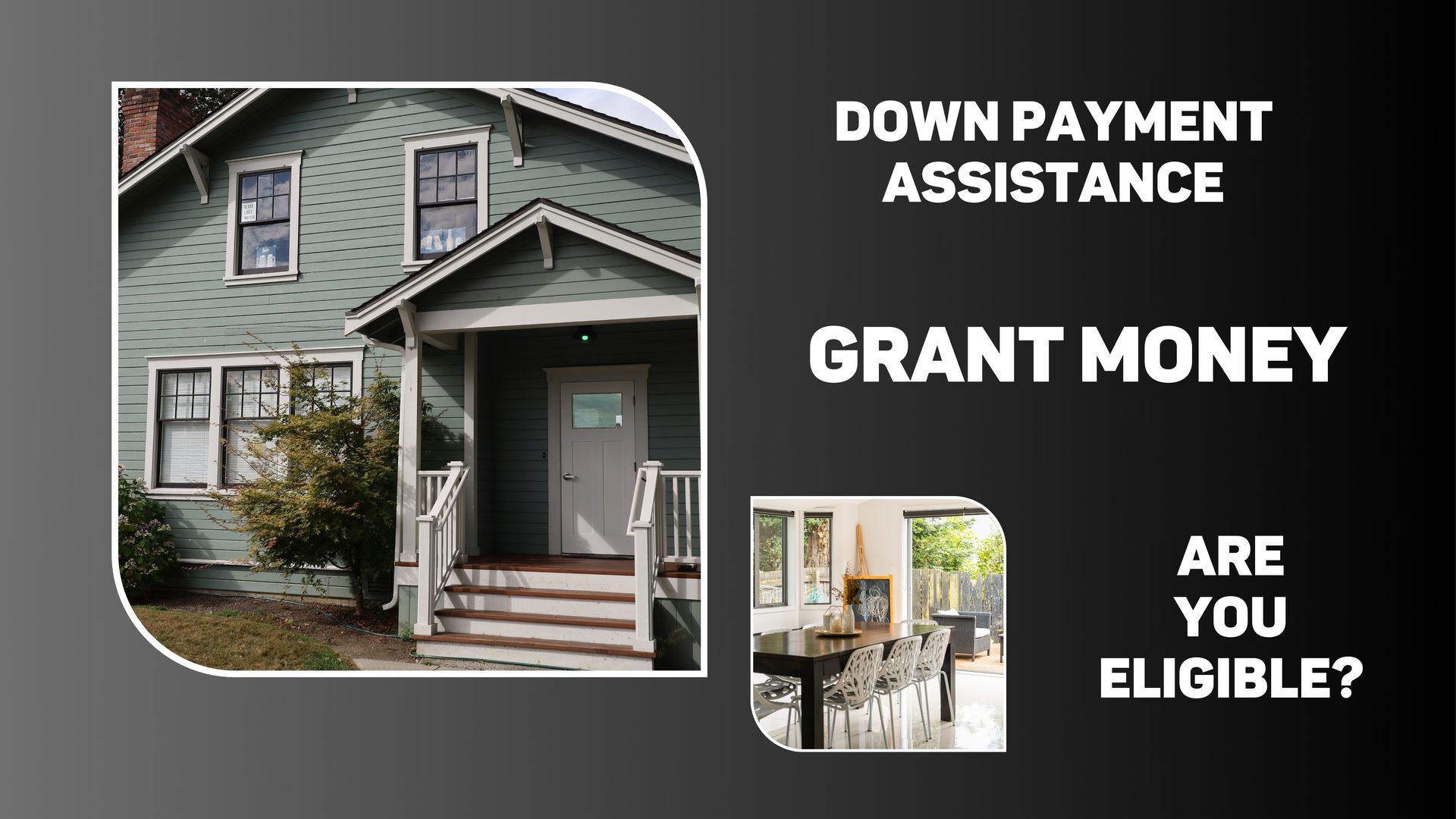Top 7 Tips To Attract the Best Offers for Your Home

Top 7 Tips To Attract the Best Offers for Your Home
Not long ago, home sellers were in their heyday, as historically-low mortgage rates triggered a real estate buying frenzy. However, the Federal Reserve shut down the party when it began raising interest rates last year. 1
Now, it’s not as simple to sell a home. While pandemic-era homebuyers were racing the clock—trying to lock in a low mortgage rate and gain a foothold in the market—current buyers are more discerning. Higher prices and mortgage rates have pushed their limits of affordability, leading them to prioritize cost, condition, and overall value. 2
The reality is, home inventory remains low, so most properties will still sell with some basic prep, the right price, and a good real estate agent. But owners who go the extra mile are more likely to sell faster and for a higher amount.
If you have plans to sell your home and want to net the most money possible, this list is for you. Here are our top seven strategies to attract the best offers and maximize your real estate returns.
UNDERGO A PRE-LISTING INSPECTION
Many homebuyers hire a professional to complete a home inspection before they close. But did you know that a seller can order their own inspection, known as a pre-listing inspection, before they put their home on the market?
Having a pre-listing inspection on hand and ready to share shows interested buyers that you’re committed to a transparent transaction. This can help you market your home, strengthen your negotiating position, and minimize roadblocks to closing. 3
Of course, it’s always possible that a pre-listing inspection—which looks at the home’s major systems and structures, among other things—could turn up a significant problem. This does carry some risk, as you’ll be required to either fix or disclose any issues to potential buyers. However, in most cases, it’s better to know about and address deficiencies upfront than to find out mid-transaction, when it could cost you more in the form of concessions, a delayed closing, or a canceled sale.
We can help you decide if a pre-listing inspection is right for you. And if it identifies any concerns, we can advise on which items need attention before you list your home.
CONSIDER STRATEGIC UPGRADES
Embarking on major renovations before putting your home on the market doesn’t always make financial (or logistical) sense. However, certain upgrades are more likely to pay off and can help elevate your home in the eyes of buyers.
For example, refinishing hardwood floors results in an average 147% return on investment at resale and new garage doors typically pay for themselves. 4 Similarly, research shows that professional landscaping can boost a home’s value by as much as 20%.5
Often, even simpler and less expensive fixes can make a big difference in how your home comes across to buyers. A fresh coat of paint in a neutral color, modern light fixtures and hardware, and new caulk around the tub or shower can help your property look its best. 5
But before you make any changes to your home, reach out. We know what buyers in your neighborhood are looking for and can help you decide if a particular investment is worthwhile.
HIRE A HOME STAGER
To get standout offers, you need potential buyers to fall in love with your home—and they’re much more likely to do so if they can envision themselves in the space.
That’s where home staging comes in. Staging can include everything from decluttering and packing away personal items to bringing in neutral furniture and accessories for showings and open houses.
According to the National Association of Realtors, home staging can both increase the dollar value of home offers and help a property sell faster. In fact, 53% of seller’s agents agree that staging decreases the amount of time a home spends on the market, and 44% of buyer’s agents see higher offers for staged homes. 6
There’s plenty of strategy and research behind the process, so it’s smart to consider a professional. Reach out for a connection to one of our recommended home stagers who can help your property show its full potential.
EMPLOY A COMPETITIVE PRICING STRATEGY
While it’s tempting to list your property at the highest possible price, that approach can backfire. Homes that are overpriced tend to sit on the market, which can drive away potential buyers—and drive down offers. 7
Alternatively, if you price your home competitively, which is either at or slightly below market value, it can be among the nicest that buyers see within their budgets. This can ultimately lead to a higher sales price and fewer concessions.
To help you list at the right price, we will do a comparative market analysis, or CMA. This integral piece of research will help us determine an ideal listing price based on the amount that comparable properties have recently sold for in your neighborhood.
Without this data, you risk pricing your home too high (and getting no offers) or too low (and leaving money on the table). Combined with our local market insights, we’ll help you find that sweet spot that will attract the best offers while maximizing your profit margin.
OFFER BUYER INCENTIVES
Sometimes, sweetening the deal with buyer incentives can help you get the best possible offer. Incentives are especially helpful in the current market, when many buyers are struggling with affordability and concerned about their monthly payments.
Options that can pay off include:
Buying down their interest rate – You can pay an upfront sum to reduce the buyer’s mortgage rate. This approach can save far more than that cost over the life of the loan, meaning it’s worth more to the buyer than a simple price reduction. 8
Offering closing cost credits – You might pay a set amount or a certain percentage of the buyer’s closing costs.
Paying HOA costs – You could cover homeowner association or condominium fees for a set period of time.
Including furniture or appliances in the sale – If your buyer is interested, throwing in the furniture or appliances that they want and need can make your property more appealing.
Buyer incentives vary and valuing them can get complicated. We’re happy to talk through the options that might make sense for you.
USE A PROVEN PROPERTY MARKETING PLAN
Gone are the days when it was enough to put a “for sale” sign in your yard and place a listing on the MLS. A strategic marketing plan is now essential to get your home in front of as many interested and qualified buyers as possible.
The truth is, buyers who don’t know about your house can’t make an offer. That’s why we utilize a multi-step approach to marketing that starts with identifying your target audience, effectively positioning your home in the market, and communicating its unique value. We then use a variety of distribution channels to connect with potential buyers and performance-based metrics to monitor and improve our campaign results.
Our proven approach can have a big impact on the success of your sale. Reach out to learn more about our multi-step marketing plan and discuss how we can use it to generate interest and offers for your home.
WORK WITH AN AGENT WHO UNDERSTANDS YOUR AREA
To get the best offers possible, you need a real estate agent who knows your area inside and out.
Any agent can pull comparable sales data, but in a quickly-evolving market, even the latest comps can lag the current market reality. We have our fingers on the pulse of the local market because we’re working directly with sellers like you. We also represent local buyers who are active in the market, searching for homes like yours.
That puts us in an ideal position to help you price your home for a quick sale and maximum profit. And since we hear first-hand what local buyers want, we can help you prep your home to broaden its appeal and highlight its most-coveted features. Additionally, we can use our extensive network of local agents to solicit feedback and get your home in front of more potential buyers.
All of these factors can add up to a significant difference in your profit: In 2021, the typical home sold by owner went for $225,000 compared to a median price of $330,000 for agent-assisted home sales. 9
LET’S GET MOVING
Are you ready to get a great offer for your home? Our multifaceted approach can help you maximize your real estate returns. Reach out for a free home value assessment and customized sales plan to get started!
The above references an opinion and is for informational purposes only. It is not intended to be financial, legal, or tax advice. Consult the appropriate professionals for advice regarding your individual needs.
Sources:
U.S. Bank -
National Association of Realtors -
Bankrate -
https://www.bankrate.com/real-estate/prelisting-inspection/
National Association of Realtors -
https://www.nar.realtor/sites/default/files/documents/2022-remodeling-impact-report-04-19-2022.pdf
Bankrate -
https://www.bankrate.com/homeownership/landscaping-increase-home-value/
National Association of Realtors -
https://www.nar.realtor/infographics/staged-for-success
The Balance -
https://www.thebalancemoney.com/looking-twice-at-overpriced-homes-1798671
U.S. News & World Report -
https://money.usnews.com/loans/mortgages/articles/a-guide-to-seller-paid-mortgage-rate-buydowns
National Association of Realtors -
https://www.nar.realtor/research-and-statistics/quick-real-estate-statistics





